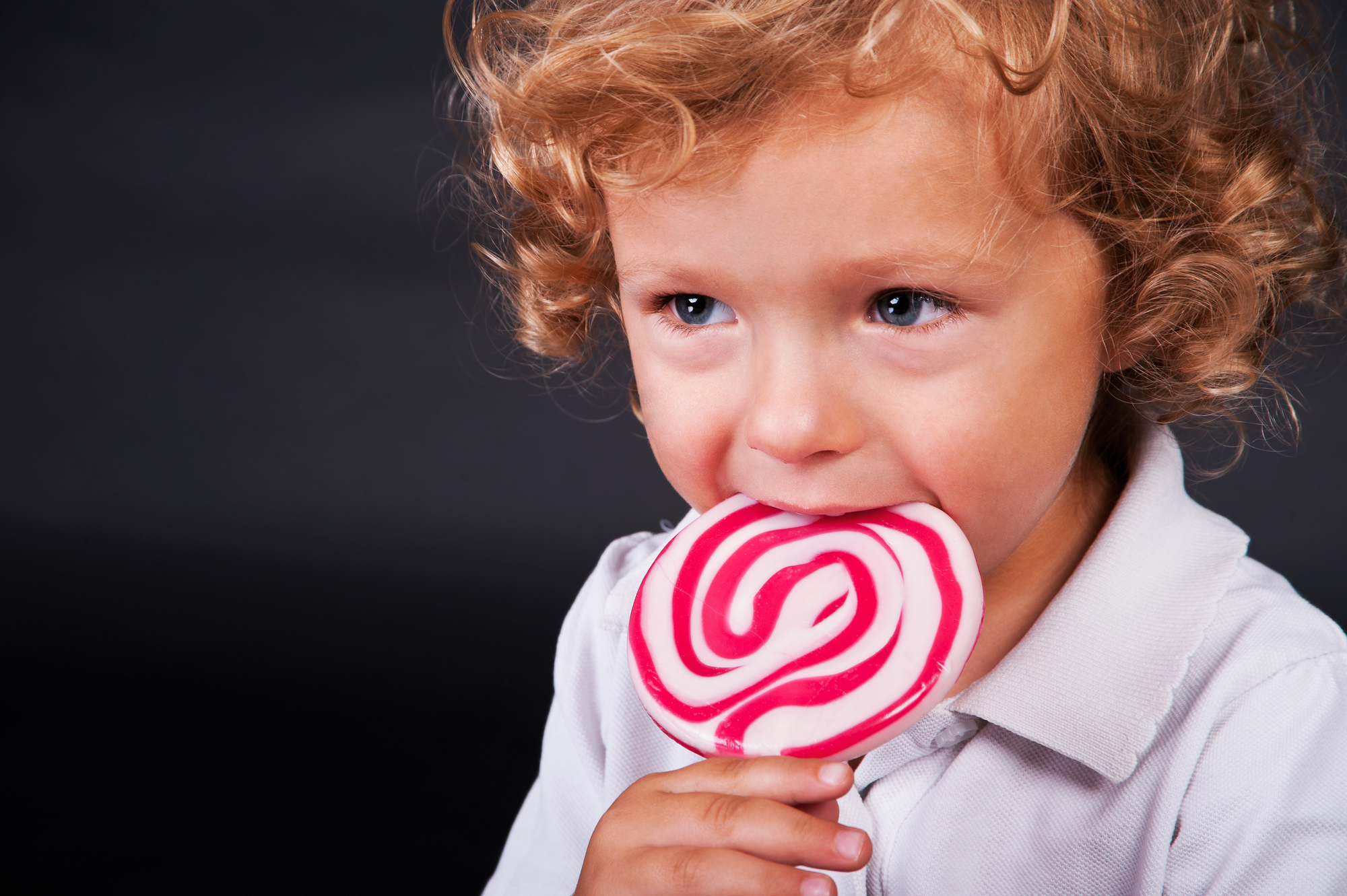As much as we yearn to protect our kids and shield them from pain, there are times when they will be hurt. For instance, there is not much we can do to protect them from the pain of grief and loss, whether it’s the death of a relative, friend or much-loved pet.
Grief affects everyone differently. There’s no surefire way to predict how you or your child will experience grief until it comes your way. However, this doesn’t mean you can’t think about strategies you could use to support your kids, once the time comes.
Having guided my kids through the death of two of their grandparents, here are some approaches we’ve taken to support our kids through grief and loss. They are worth considering as a starting point, even if not every suggestion works for your or your kids.
Honesty is the best policy – it’s always best to be open with our kids and it’s especially important we do this when it involves the death of someone close to them. Don’t sugar coat it or give them false hope. Use age appropriate language to explain why they won’t be able to see them again and answer their questions as honestly as you can.
Talk freely about your loved one – it’s important to keep our memories alive and remember all the special moments we shared with the loved one lost. Encourage your kids to talk about them, look over photos and remember the good times. This will also help your kids express their feelings and not bottle up their emotions.
Be present – it can be so hard to deal with your own emotions, let alone being present to support your kids too. However, they need you and you need to be there for them. Take some time out for yourself and make sure you have the chance to mourn, so you can give your full attention to your kids and their needs when you are with them.
Give them the chance to say goodbye – it’s really important that kids are given the option to say goodbye to their loved one. Funerals are not particularly kid-friendly but they present an opportunity to say goodbye and to seek closure. If attendance at a formal service is not appropriate, consider another way for your kids to say their own goodbyes.
There is no right way to work through grief – grief is a very personal and individual process and each person will react to each loss differently. Don’t be surprised if your kids become moody, upset, attention-seeking, remote or sad. Also don’t be surprised if your kids don’t seem affected by their loss at all. Our job through this process is to be patient, loving and understanding, so our kids feel safe during a very confusing and painful time.
Don’t be afraid to show your own emotions – it’s important to show your kids how to work through a range of emotions, including those of sadness and grief. Don’t hide away and cry. Give your kids a hug and talk through what you’re feeling and what you’re doing to deal with it. It will provide a healthy example for them to follow and teach them how to manage their own grief too.
You may also like to read:
Foundation for understanding: Communicating the loss of the family pet
Talking to Kids about the Hard Stuff









